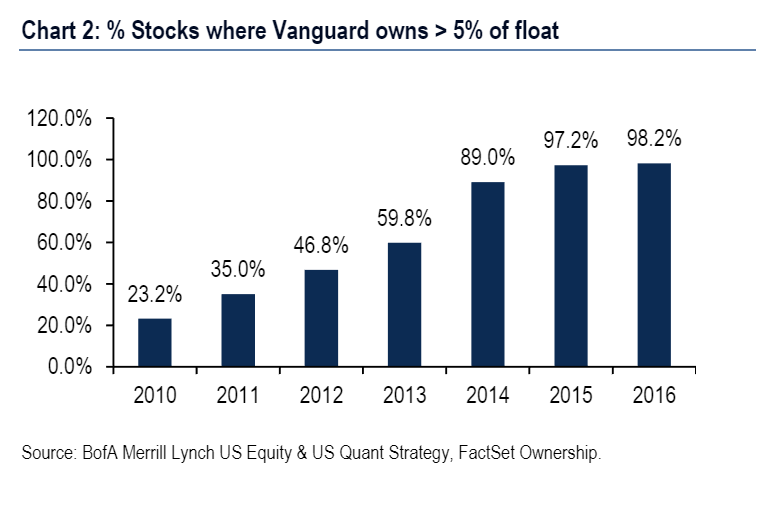[ad_1]
As the Turkish economy hit its crisis point this past week, traders piled en-masse into the $299 million iShares MSCI Turkey ETF (TUR).
Beyond the flashpoint headlines, the fund has emerged as the go-to vehicle for institutional hedging, short-selling profiteering and even price discovery. The wave of inflows speaks to how investors are using the ETF structure to fill a trading void as much as “buy the dip.”
This past Friday, Aug. 10, TUR saw its highest amount of daily trading volume ever, with 13.3 million shares exchanging hands. That’s an eye-popping amount for a fund that usually trades closer to 500,000 shares daily.
Then on Monday, TUR had another outsized trading day, with 12.6 million shares traded. Though volume had begun to slow by Tuesday, down to 5.3 million shares traded, volume still remains well above historical norms:

Sources: ETF.com, FactSet; data as of Aug. 15, 2018
According to issuer data, $272 million worth of TUR shares changed hands on Friday—a sum 17 times the usual average daily volume and worth nearly the entire assets under management (AUM) in the fund that day.
Wave Of Flows
All this trading activity has translated into significant new net inflows into TUR relative to the size of fund, which, as of a week ago, had $281 million in AUM.
On Friday, TUR saw net inflows of $18 million, followed by $53 million on Monday. On Tuesday, investors plowed $90 million into the fund, bringing the grand total to $161 million—or 82% of TUR’s year-to-date inflows of $197 million.

Sources: ETF.com, FactSet; data as of Aug. 15, 2018
At the same time, however, TUR’s performance has plummeted. As of Wednesday, Aug. 15, TUR was down a whopping 49% year-to-date (read: “Worst Performing Single Country ETFs”).

Source: StockCharts.com data as of Aug. 15, 2018
Turkey In Crisis
TUR’s trading spike is a direct result of Turkey’s economic troubles, which hit a boiling point on Friday following President Trump’s announcement that he planned to double tariffs levied on U.S. imports of Turkish steel and aluminum. The move was in retaliation for Turkey refusing to release Andrew Brunson, an American political prisoner held in Izmir.
On Friday and Monday, the lira, Turkey’s currency, dropped more than 25%, striking a record low. It has since rebounded several percentage points, due to new tariffs President Erdogan placed on Turkish imports of U.S. alcohol, automobiles and tobacco announced Wednesday morning.
How long the lira’s rebound lasts, however, is anybody’s guess.
[ad_2]
Source link

